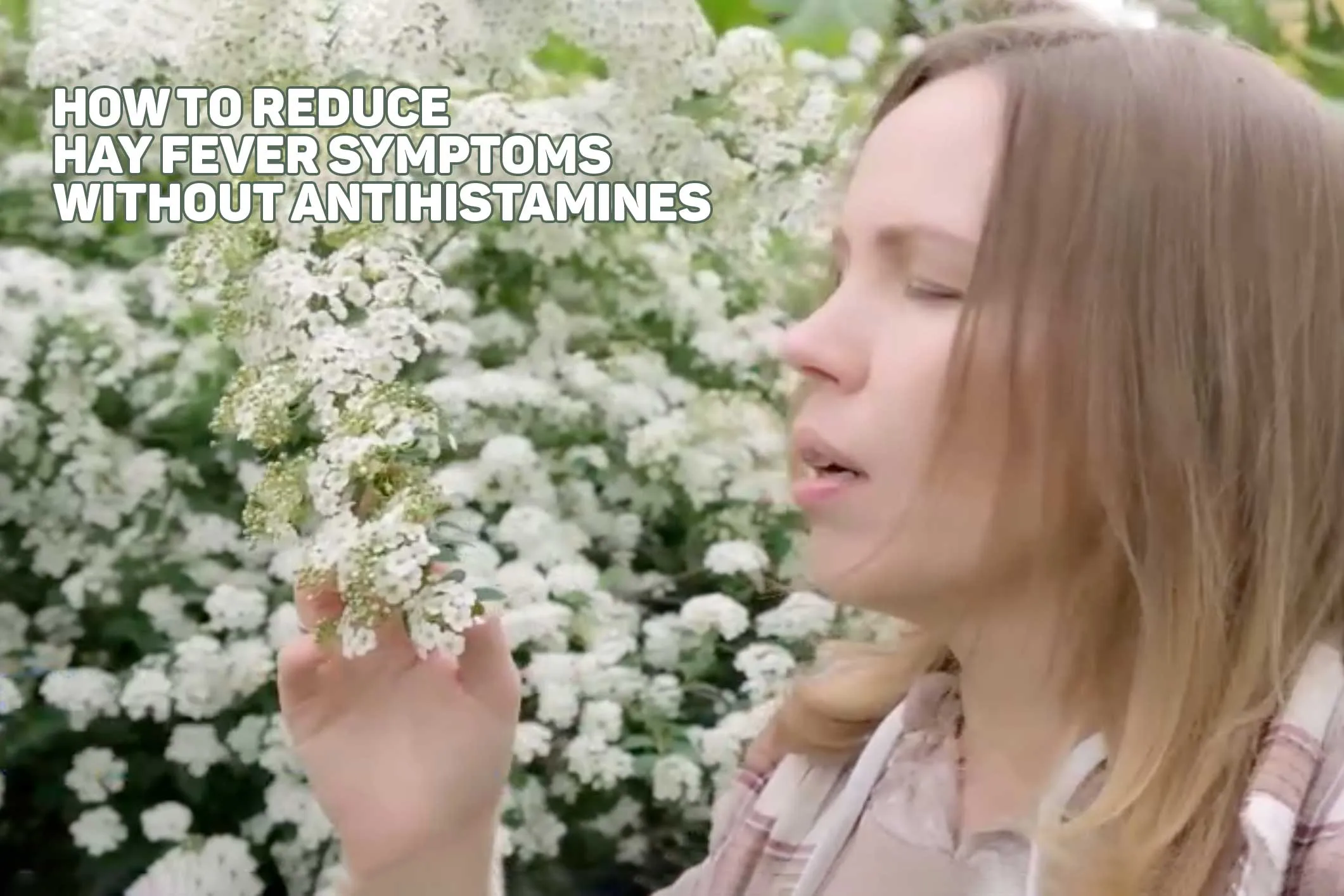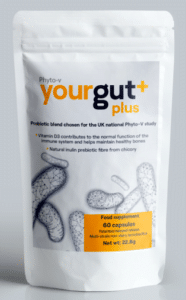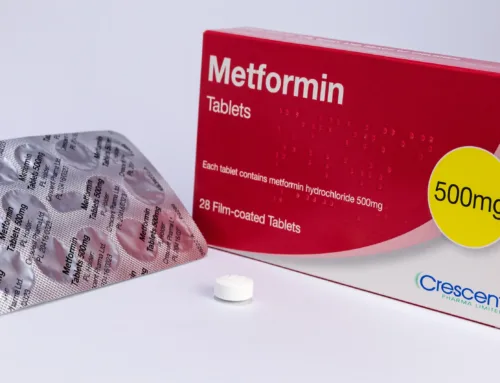For 38% of the population, June’s grass pollen release triggers hay fever. Recent studies suggest climate change is exacerbating this. Symptoms like sneezing, itchy eyes, and a runny nose persist for weeks. While antihistamines offer relief, they don’t tackle the root cause and can cause side effects.
There are emerging scientific data to suggest that several self-help nutritional and lifestyle strategies can help symptom and reduce the need for anti-histamines. The most important include:
Vitamin D: Low levels worsen symptoms. Maintain levels through sun exposure, certain foods, or supplements >>
Gut Health: Improve by quitting smoking, reducing alcohol and sugar, and eating probiotic-rich foods >>
Probiotic Supplements: Boosting probiotic lactobacillus strains has been shown to reduce severity >>
Phytochemicals: Found in colourful fruits, vegetables, and herbs; reduce inflammation and boost immunity >>
Phytochemical rich supplements: These can be a convenient way to boost the intake of specific healthy foods >>
Nasal Irrigation: Saltwater rinses wash away allergens and reduce inflammation >>
Combining these strategies can significantly alleviate symptoms and reduce reliance on antihistamines. For more reading please visit here.
Other news
Cycling and prostate cancer
- Tips to lose weight
- How the sugar industry is damaging the environment
- Which plants protect us from dementia
- New rules on assisted dying
- Yourgutplus+ covid nutritional intervention study
- Lifestyle tips to fight effects of covid now published
- Dupyutren’s relief topical application now available
- “How to Live” – best seller in 4 categories on Amazon
- New evidence for the importance of gut health
- Probiotics and covid-19 vaccination
- Why we should take probiotics with vitamin D
- The National Yourphyto / probiotic study recruiting
- How to protect your nails during chemotherapy







Leave A Comment